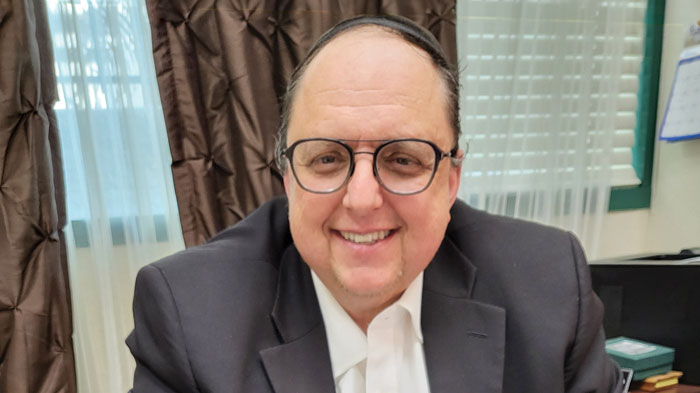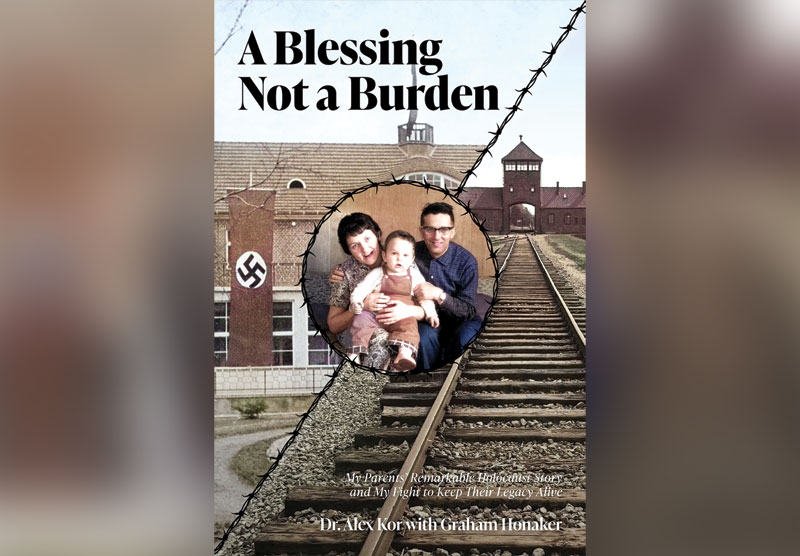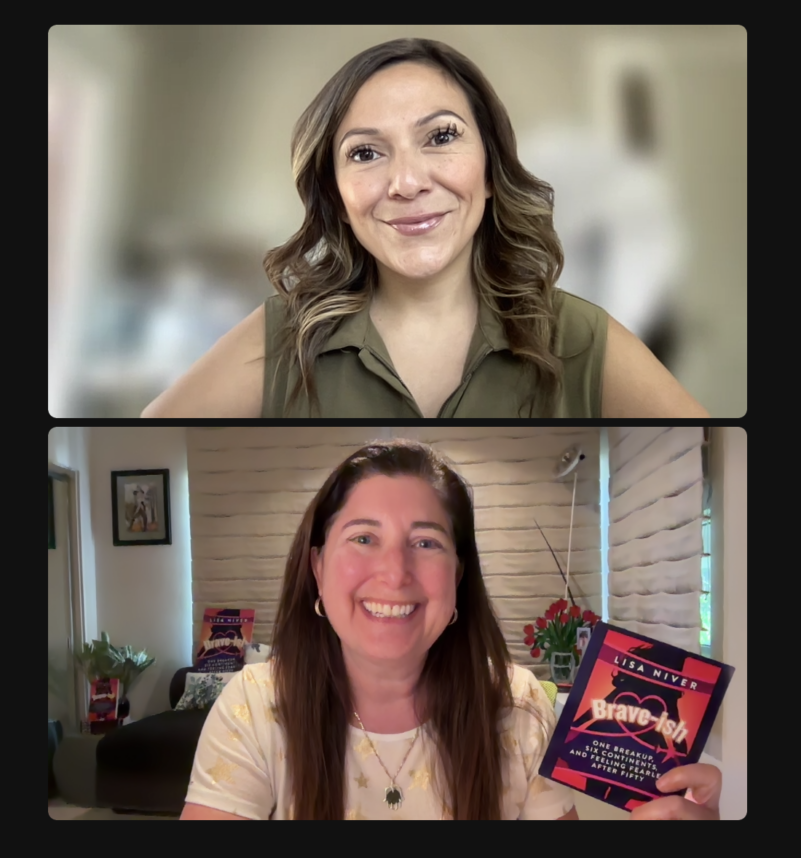 Rabbi Mordechai Shifman
Rabbi Mordechai Shifman Since the turn of the century, Rabbi Mordechai Shifman has led Jewish schools in Miami Beach and Sherman Oaks. He has doubled the enrollment at both. How did he do it? “You need more mazel [luck] than seichel [intelligence],” the head of school at the Emek Hebrew Academy Teichman Family Torah Center said.
Honesty and authenticity are his bywords. “People appreciate when you don’t vacillate from what you think is important,” the 58-year-old Israeli-born rav said. “You have core values. You stick to them. People like authenticity, seeing when things resonate with them.”
It has certainly produced results. When he arrived at Emek 13 years ago, enrollment was 480; next semester it will top 1,000 for the first time.
“There’s a social element, too,” he said. “You need congeniality. People want someone personable whom they connect with.” The connection he’s made was obvious as he led an informal tour of the sprawling four-story campus. Perhaps 80 or 90 students individually greeted him — by name — as they passed each other. Shifman refuses to be a leader chained to his desk; he’s out there mingling.
“My message is: We represent Torah and mitzvahs. God runs the world. Through observance, at whatever level a person is able to keep, they are able to grow. No one can claim to corner the market on observance.”
“You must have a real message,” Rabbi Shifman said. “If you don’t, all the social skills won’t matter. My message is: We represent Torah and mitzvahs. God runs the world. Through observance, at whatever level a person is able to keep, they are able to grow. No one can claim to corner the market on observance.”
It’s a message that’s had a positive impact on his students and their families. A tribute to both the rabbi’s and the school’s recruiting skills, one-third of students are from non-observant homes. We have Persians, Russians, Americans, Israelis,” he said. “All have their own styles and values. But you have core values in the school that resonate by the parents.” Those core values have been passed down to the next generation: Nearly half of his seven children are there every day. Two daughters teach at Emek and a son is in the eighth grade.
The rabbi was less upbeat when he turned to the dearth of values across America. He spoke of societal inconsistencies, people vacillating in their values. As one who deals daily with the public, he finds that people “want consistency, immutable values.”
Nevertheless, he believes America is the greatest country in the world. In Europe, he noted, “they used to refer to our country as the Medina of Chesed (kindness].”
He said “our enemies” have tapped into the fact Americans want to do chesed and stand up for victims. What is misguided, in the rabbi’s view, is that either because of a lack of education or through indoctrination, “those who are not the victims have been made into victims.”
Shifman suggested some young people have their values backward. “They have in their genetics standing up for the victims, doing chesed, the right thing. Unfortunately, though, they gravitate to the wrong people.” To make sure he instills Jewish values into his community, for 35 years, Shifman has led a daily Daf Yomi (learning a page of Talmud a day) class. “Our Sages say that King Saul was supposed to wipe out Amalek,” Rabbi Shifman said. “But he had mercy. Saul left him alive, and from him came Haman. But it came from a good place, having mercy.
“Our Sages said something smart – if you are merciful to someone who is cruel, you will end up being cruel to those who are merciful. We see this today, showing mercy in the wrong place. We see this with the campus protests.”
He put the blame on “indoctrination” Unfortunately,” he said, “this is what universities have become — and lack of education. “When some of these people are interviewed – I don’t know how they made it into Columbia and Harvard.”
As leader of a Jewish school with a broad cultural mix, Shifman said that this is “an age, at least in the Jewish community, where people want real values. They want good relationships with their children. They want kids to be menschen.” He quoted the legendary educator Dr. Bruce Powell: “Our job is to create empathetic children.”
Of course, the rabbi said, “you want to have the best programs, but if you are not producing children who are menschen, you have failed.”
And “parents,” he said, are starting to see that their children are being turned against them.” He cited record prosperity — among Jews and non-Jews alike — as one explanation for a turn away from traditional values. “When people are at financial levels they never have been before, we disconnect,” he said. “We don’t turn to God, unfortunately.”
There’s something else the rabbi found fascinating: “The quality and caliber of people of the previous generation was so much higher,” he said of his parents’ and grandparents’ generation. “They lived through hardship.” “The focus of parents was, ‘let’s make things better so that our children should not have the same hardship.’”
As admirable as that sounds, he said, a crucial value was overlooked. “The reason their moral fiber and their value system were so strong,” he said, “was exactly because of the challenges and hardships the previous generation dealt with.”
“By taking away those challenges from our children, trying to make it so much easier for them, it has affected the way they have built themselves up morally.”
Fast Takes with Rabbi Shifman
Jewish Journal: What do you do in your spare time?
Rabbi Shifman: I have led a daily Daf Yomi class (learning one page of Torah) around 35 years. I am on my fifth (seven-year) cycle. I have to get up very early to prepare for my 6:30 a.m. class. People should do something in their spare time that energizes them. This has given me a lot of strength.
J.J.: Favorite place to travel outside of Israel?
R.S.: My uncle and cousins own a company called Kosherica, a Pesach program and cruises. I love seeing how Jewish communities have adapted themselves to where they live.
J.J.: What has been the most important lesson of your life?
R.B.: I don’t think anyone knows how to love until they get married.






















 More news and opinions than at a Shabbat dinner, right in your inbox.
More news and opinions than at a Shabbat dinner, right in your inbox.